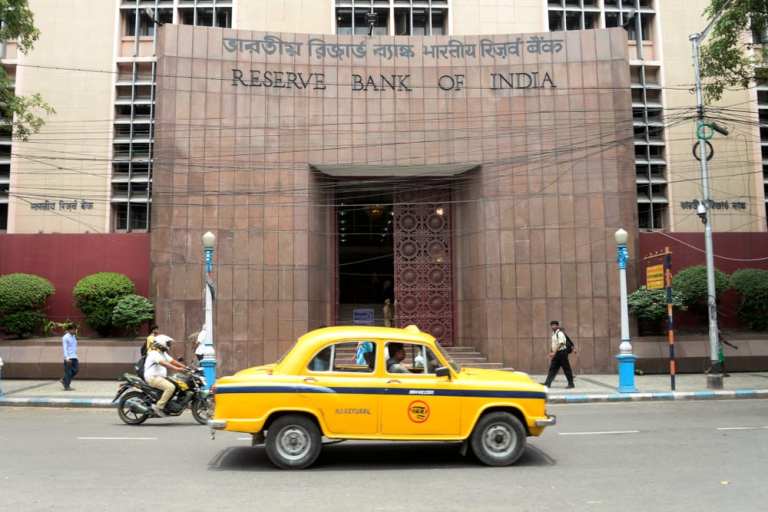India’s Struggling Alt Lending Sector A Risk To Economy

The non-bank lending sector in India has seen a few defaults and failures, and has reduced consumer and business credit, according to a report by The Wall Street Journal.
The circumstances have prompted calls for more regulation on worries that it could harm the country’s economic growth. There is also talk of more regulation in the industry.
The past 10 years have seen a lot of growth in the sector, as loans have been doled out for cars, construction and infrastructure. However, one lender failed in the fall, and another defaulted on its payments. The repercussions were felt throughout the economy.
Car sales in May dropped 19 percent, and analysts say that lending restrictions are responsible for a slowdown in general spending as well. There is a worry that the defaults could start happening more regularly, weighing down an economy that is already dealing with bad debt at traditional banks.
“This has a potential to disrupt the economy,” said Kunal Kundu, India economist for Société Générale.
Shaktikanta Das, the Reserve Bank of India (RBI) governor, said the bank would make sure the non-banking sector would keep operating.
“The RBI will not hesitate to take whatever steps [are] required to ensure that financial stability is not adversely impacted,” Das said, adding that measures were being taken to make sure the supervision of the sector remains strong.
The central bank has previously said that if a larger non-bank fails, it could be as damaging to the economy as if a bank did. Nirmala Sitharaman, India’s finance minister, said the country was thinking about widening the regulatory power of the RBI.
Many analysts have called for even more stringent regulation of non-banks, and for them to be held up to the standard of traditional banks.
Non-banks are sometimes referred to as shadow lenders; they issue bonds or get money from other banks or institutions to get capital, and then profit by lending at higher rates.